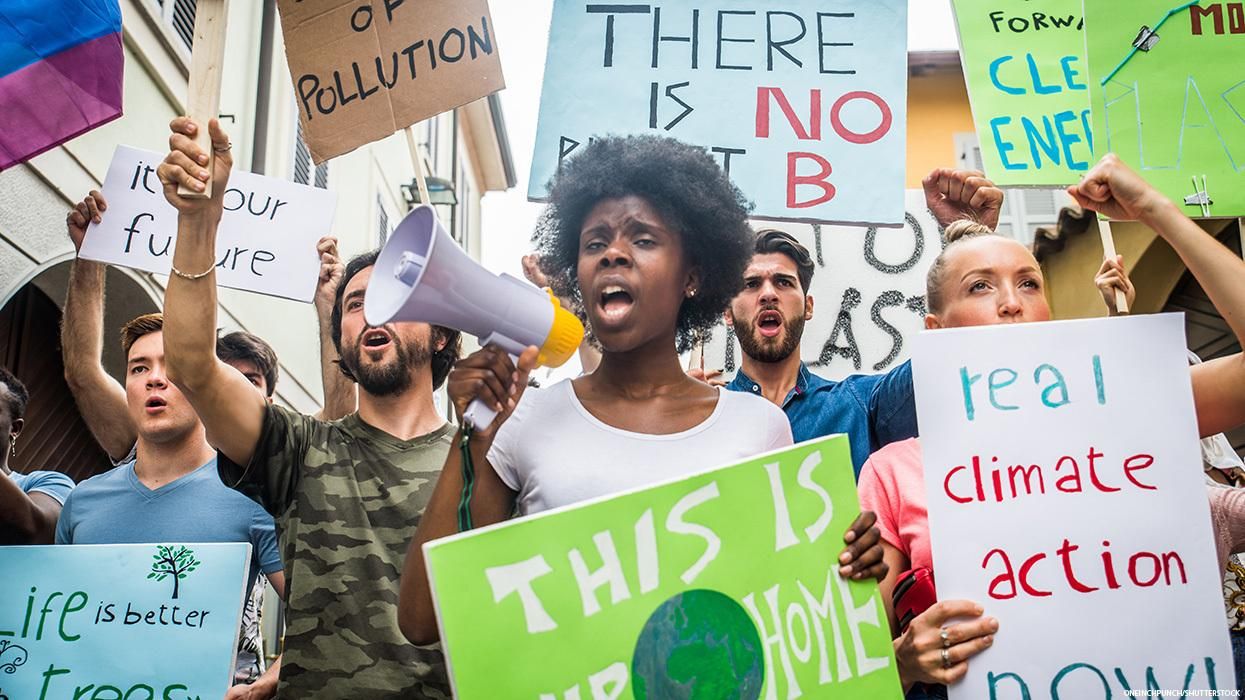With anxieties over climate change at an all-time high, consumers have been seeking to curtail their environmental footprint by purchasing "sustainable" goods. But how is sustainability measured? Experts say that in most cases, it isn't.
Greenwashing is the "new normal," according to a study in the National Library of Medicine. But what is this practice, and how is it harmful to consumers?
The Merriam-Webster dictionary defines greenwashing as “the practice of making products, activities, or policies seem more environmentally friendly or less environmentally damaging than they actually are."
Most commonly, the term is used to reference the deceitful practices corporations engage in when advertising their products, such as describing them with deliberately vague terms like "environmentally friendly" or "green." Often, these claims are completely unverifiable.
Another example of this vagueness is the label of "all-natural", which Indian conservation news outlet Mongabay explains is not necessarily "eco-friendly," as "environmental poisons such as formaldehyde, arsenic, mercury, or uranium are ‘all-natural’ but toxic in nature."
Plastic packages may be labelled "recyclable", when the majority of plastics are unable to be recycled. This includes plastic bags, straws, coffee cups, food containers, and utensils. A more trustworthy label may have specifics, such as "contains 50 percent recycled plastic."
But it isn't just product marketing guilty of greenwashing. In fact, your own office building may be engaging in it. An anonymous survey from Google found that "only 36 percent of respondents said their organizations have measurement tools in place to quantify their sustainability efforts, and just 17 percent are using those measurements to optimize based on results."
"Without accurate measurement, it’s hard to report genuine progress," the report added.
Menno D.T. de Jong, a communications professor at the University of Twente in the Netherlands, said that many consumers are unable to tell when companies are being deceitful, as their claims are difficult to disprove.
“It is very hard for normal people to evaluate green claims,” de Jong told The New York Times. “When they are confronted with third-party information that the green claims may not be entirely true, they may not be inclined to believe that the company is telling complete lies."
To protect consumers, the U.S. Securities and Exchange Commission is looking to redefine greenwashing standards, as a statement from department Commissioner Allison Herren Lee proposed new metrics for measurement and labelling a product's eco-friendliness.
Those offering investments must fully and fairly disclose what they are selling and act consistently with those disclosures," she said. "In others words: say what you mean and mean what you say."
Until stricter government regulations on greenwashing are implemented, you can check how "eco-friendly" your products actually are by visiting greenerchoices.org, which explains product labels and rates them using a report card system.



















































